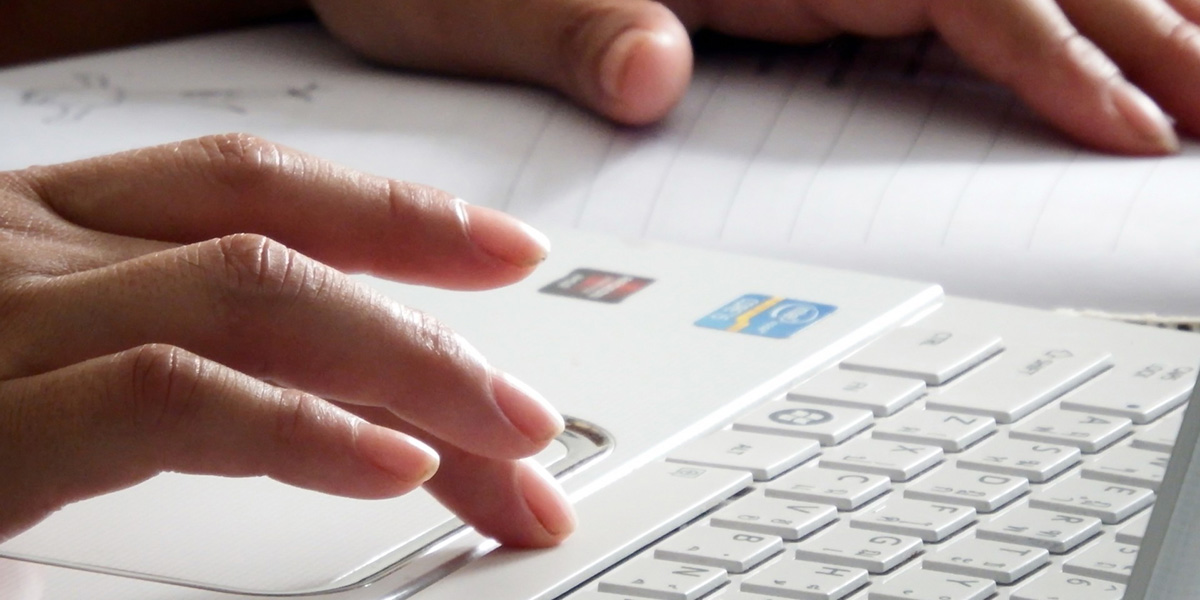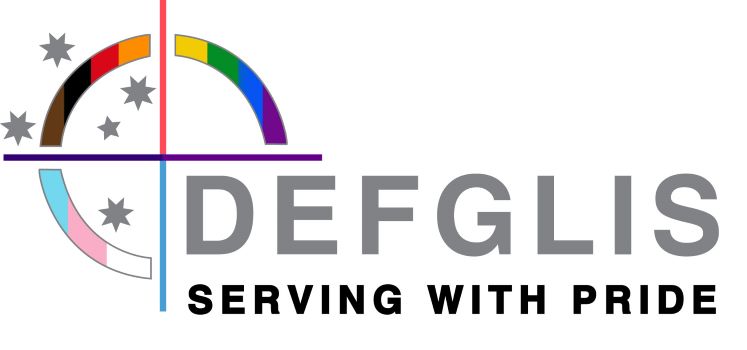
New eLearning courses available via the DEFGLIS eLearning portal expands training for peer-supporters and managers of LGBTI personnel for whole of government and provides a certificate upon completion.
The new courseware builds upon the LGBTI peer-support training package that was released last year in 2015 and now includes enhanced awareness packages for sexual orientation, gender identity and intersex people.
The new training package also has a revised version of peer-support training that is applicable for anyone working in the whole of Australian Government.
The goal of the expanded training package is to increase the people who can be peer-supporters in the workplace, and thus create a more inclusive culture across Defence and government.
The package focuses on the basics of peer-support which allows the participant to understand areas such as minority stress, sharing experiences to provide support, understanding professional boundaries, and ethical and appropriate behaviour.
The President of DEFGLIS, Vince Chong, said that the training has been the result of collaboration between experts in the organisation who are presently providing peer-support to other members.
“We wanted to provide an online training package that was accessible by everyone – Defence, Whole of Australian Government, and the private and community sectors,” said Chong.
He went on to explain that the the training needed to be online because members were dispersed all over the country, which is no different from many government departments.
The training is facilitated online through the DEFGLIS eLearning portal which allows the training to be facilitated across the country and throughout the world.
The package aims to deliver just-in-time training to participants allowing them to assess commonly encountered risks when they find themselves providing support to others or find themselves being an accidental counsellor.
The package also identifies further channels for the supporter to follow in order to further assist the supported member as well as themselves.
“Many LGBTI people find themselves in situations where they become accidental counsellors,” said Chong.
“We hope this material helps to strengthen the community with more peer-supporters who are able to help others through sexual orientation and gender identity development – to bridge that gap between getting help from mates and helping someone to find professional help."
